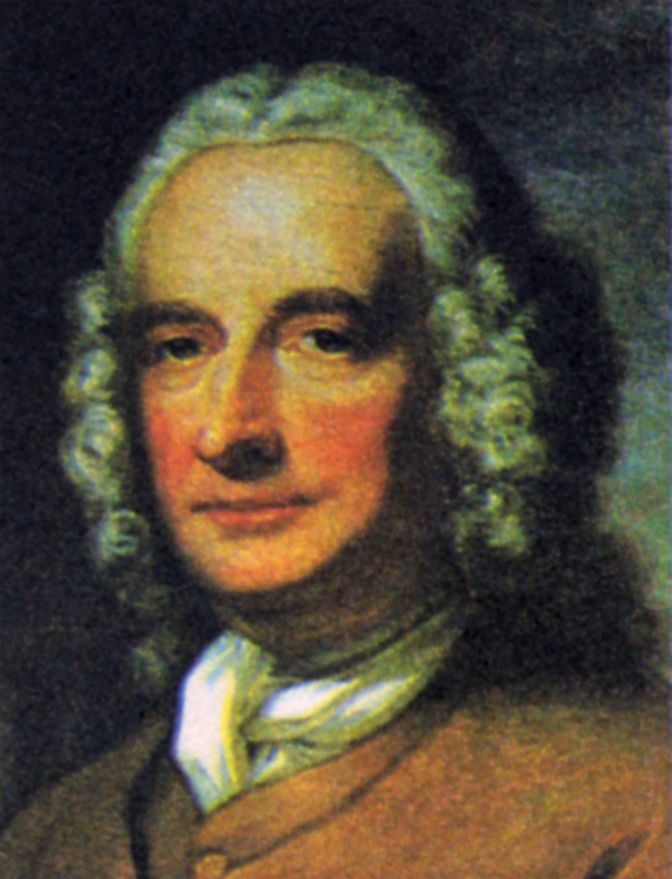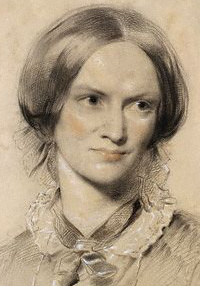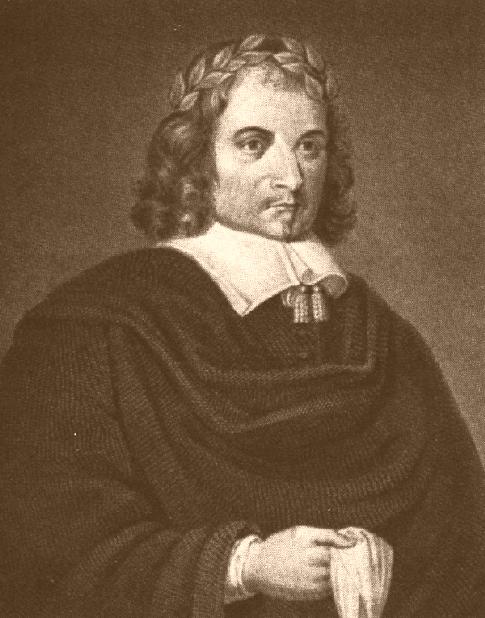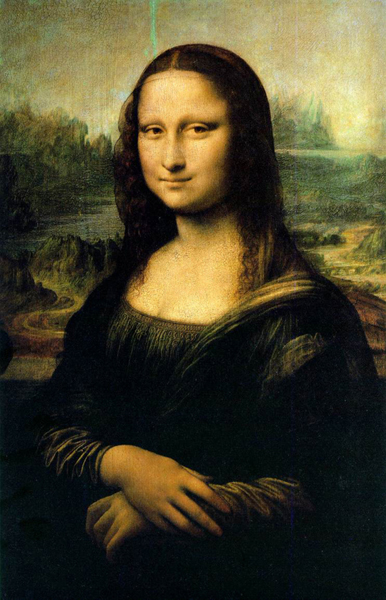Today is Marchiavelli‘s birthday (1469 – 1527).
Frye in Fools of Time:
In Shakespeare’s day there was no permanently successful example of popular sovereignty. Machiavelli had drawn the conclusion that there are two forms of government: popular governments, which were unstable, and what we should call dictatorships, the stability of which depended upon the cunning and force of the prince. This analysis, of course, horrified the idealists of the sixteenth century who were trying to rationalize the government of the prince with arguments about the “general good”, and so Machiavelli became, by way of attacks on him, a conventional bogey of Elizabethan drama. From the view of tragic structure, what Machiavelli was doing was destroying the integrity of tragedy by obliterating the difference between the order-figure and the rebel-figure. Machiavelli comes to speak in the prologue of The Jew of Malta, and there he asks: “What right had Caesar to the Empire?” — in itself surely a fair enough question, and which expresses the central question in the tragedy of order. (Fools of Time, 20)





